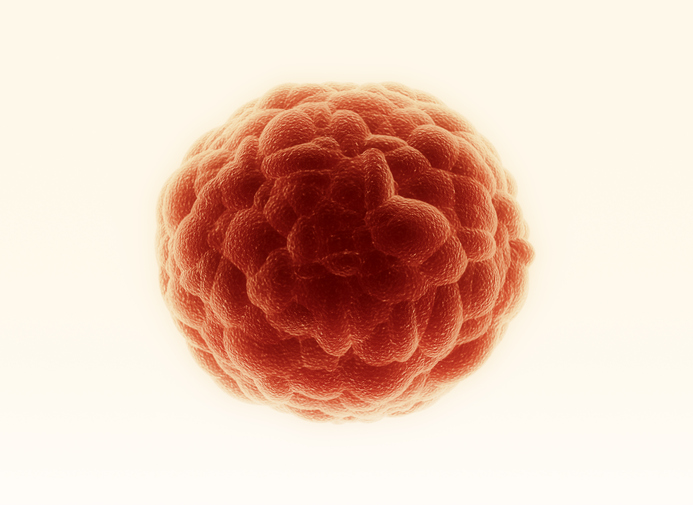A new study published in Nature reveals that certain amino acids—known as the “building blocks” of protein—may contribute to tumor growth and survival.
Researchers at the Cancer Research UK Beatson Institute and the University of Glasgow discovered that by removing two non-essential amino acids—specifically, serine and glycine—from the diet could slow the development of lymphoma and intestinal cancer.
Research has shown that while healthy cells are able to make these amino acids on their own, cancer cells are very dependent on dietary sources for these vital amino acids.
The study, conducted on mice, also found that the altered diet made some cancer cells receptive to reactive oxygen species, which are boosted by chemotherapy and radiotherapy. As such, this research suggests that a specially formulated diet could help to increase the effectiveness of conventional cancer treatments.
Now, the researchers will look into conducting human studies on the matter.
However, warns Professor Karen Vousden, Cancer Research UK’s chief scientist and study co-author, “This kind of restricted diet would be a short term measure and must be carefully controlled and monitored by doctors for safety. Our diet is complex and protein—the main source of all amino acids—is vital for our health and well-being. This means that patients cannot safely cut out these specific amino acids simply by following some form of home-made diet.”
This being said, the research also found that the diet was less effective in tumors with an activated Kras gene, like most pancreatic cancers. The faulty gene in these tomours actually boosts the ability of the cancer cells to make their own serine and glycine.
As naturopathic practitioners and holistic nutritionists, this research plays a key role in understanding how diet could affect the growth and survival of cancer cells. For this reason, the progression of these studies is imperative to follow.









